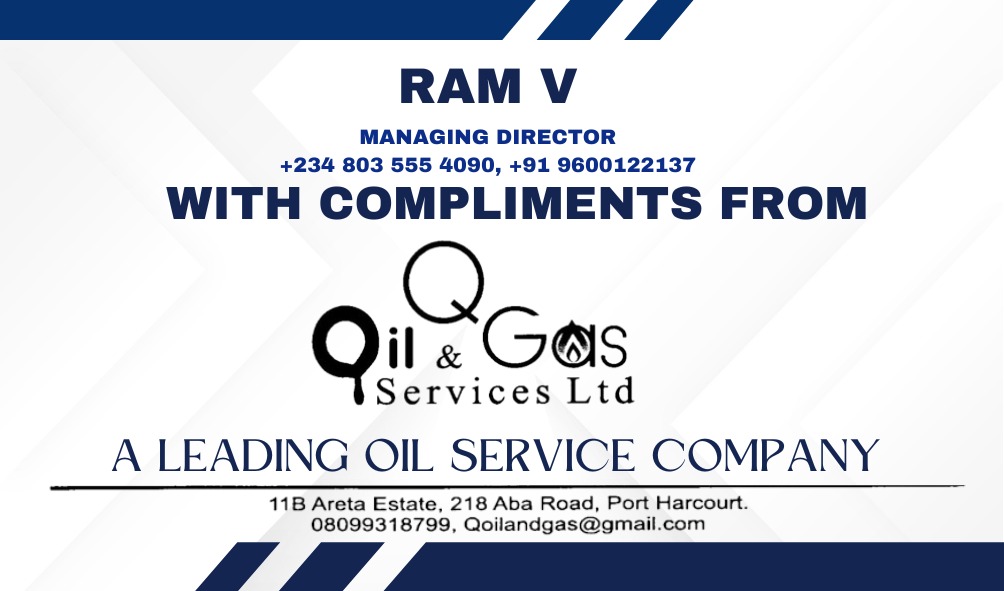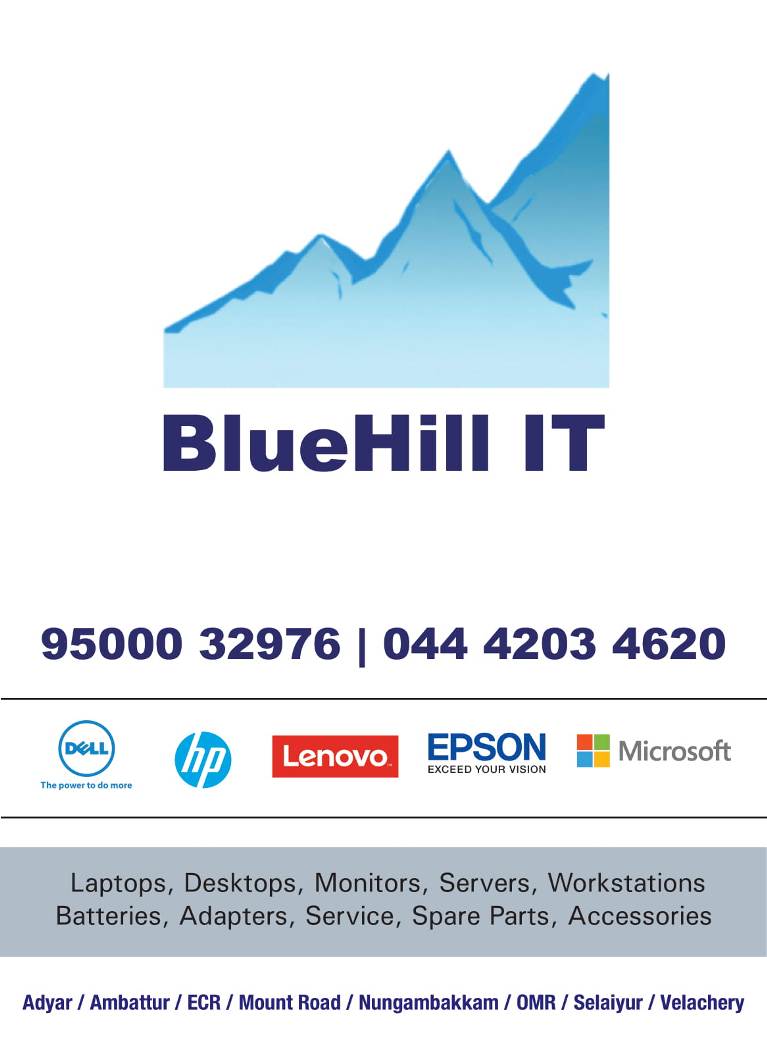Master of Commerce (M.Com)
About department
description
Master of Commerce (M.Com) is a postgraduate academic degree program that focuses on advanced studies in various aspects of commerce, business, economics, and related fields. It is designed to provide students with in-depth knowledge, analytical skills, and specialized expertise in areas such as accounting, finance, marketing, management, and economics, preparing them for careers in business, finance, academia, and beyond.


Connect with us
Beneficial
- Course Level: The M.Com program is at the postgraduate level, typically pursued after completing a bachelor’s degree in commerce, business administration, economics, accounting, finance, or a related field. It is suitable for individuals seeking to deepen their understanding of commerce-related disciplines and advance their careers in business, finance, or academia.
- Duration: The duration of an M.Com program varies depending on the institution and specific requirements of the program. It typically takes one to two years to complete when pursued full-time.
- Mode: M.Com programs are commonly offered in full-time, part-time, or distance learning modes to accommodate the needs of students with different schedules and commitments. Some programs may also offer evening or weekend classes for working professionals, as well as online or hybrid formats for remote access and flexibility.
- Eligibility Criteria: The eligibility criteria for admission to an M.Com program vary by institution but generally require applicants to have a bachelor’s degree from a recognized university or college, preferably in a relevant field such as commerce, business administration, economics, accounting, finance, or management. Some programs may also require applicants to meet minimum GPA requirements or submit standardized test scores.
- Admission Process: The admission process for M.Com programs typically involves submitting an application through the respective institution’s admissions portal, along with required documents such as transcripts, letters of recommendation, a statement of purpose, and/or standardized test scores. Some programs may also require applicants to undergo an interview or participate in an entrance exam as part of the admission process.
- Curriculum: The curriculum of an M.Com program typically includes a combination of core courses covering fundamental principles of commerce, business, and economics, as well as elective courses allowing students to specialize in areas of interest such as accounting, finance, marketing, management, or international business. Some programs may also incorporate seminars, workshops, case studies, and research projects into their curriculum to enhance students’ practical skills and critical thinking abilities.
- Career Opportunities: Graduates of M.Com programs can pursue various career opportunities in:
- Accounting and finance: Working as accountants, financial analysts, auditors, tax consultants, investment bankers, or corporate finance professionals in accounting firms, financial institutions, corporations, or government agencies.
- Marketing and sales: Working in marketing research, brand management, advertising, sales management, digital marketing, or e-commerce roles in consumer goods companies, marketing agencies, retail firms, or technology companies.
- Management and consulting: Working as business analysts, management consultants, project managers, operations managers, or strategic planners in consulting firms, multinational corporations, start-ups, or non-profit organizations.
- Banking and financial services: Working in commercial banks, investment banks, asset management firms, insurance companies, or brokerage firms in roles such as bankers, financial advisors, risk managers, or wealth managers.
- Entrepreneurship and start-ups: Starting their own businesses, launching entrepreneurial ventures, or joining start-up companies in various industries, leveraging their knowledge of commerce and business to drive innovation and growth.
- Academia and research: Pursuing further studies in a Ph.D. program or academic career in universities, colleges, or research institutions, teaching commerce-related courses, conducting research, and publishing scholarly articles in academic journals.
- Accounting and finance: Working as accountants, financial analysts, auditors, tax consultants, investment bankers, or corporate finance professionals in accounting firms, financial institutions, corporations, or government agencies.
- Marketing and sales: Working in marketing research, brand management, advertising, sales management, digital marketing, or e-commerce roles in consumer goods companies, marketing agencies, retail firms, or technology companies.
- Management and consulting: Working as business analysts, management consultants, project managers, operations managers, or strategic planners in consulting firms, multinational corporations, start-ups, or non-profit organizations.
- Banking and financial services: Working in commercial banks, investment banks, asset management firms, insurance companies, or brokerage firms in roles such as bankers, financial advisors, risk managers, or wealth managers.
- Entrepreneurship and start-ups: Starting their own businesses, launching entrepreneurial ventures, or joining start-up companies in various industries, leveraging their knowledge of commerce and business to drive innovation and growth.
- Academia and research: Pursuing further studies in a Ph.D. program or academic career in universities, colleges, or research institutions, teaching commerce-related courses, conducting research, and publishing scholarly articles in academic journals.



